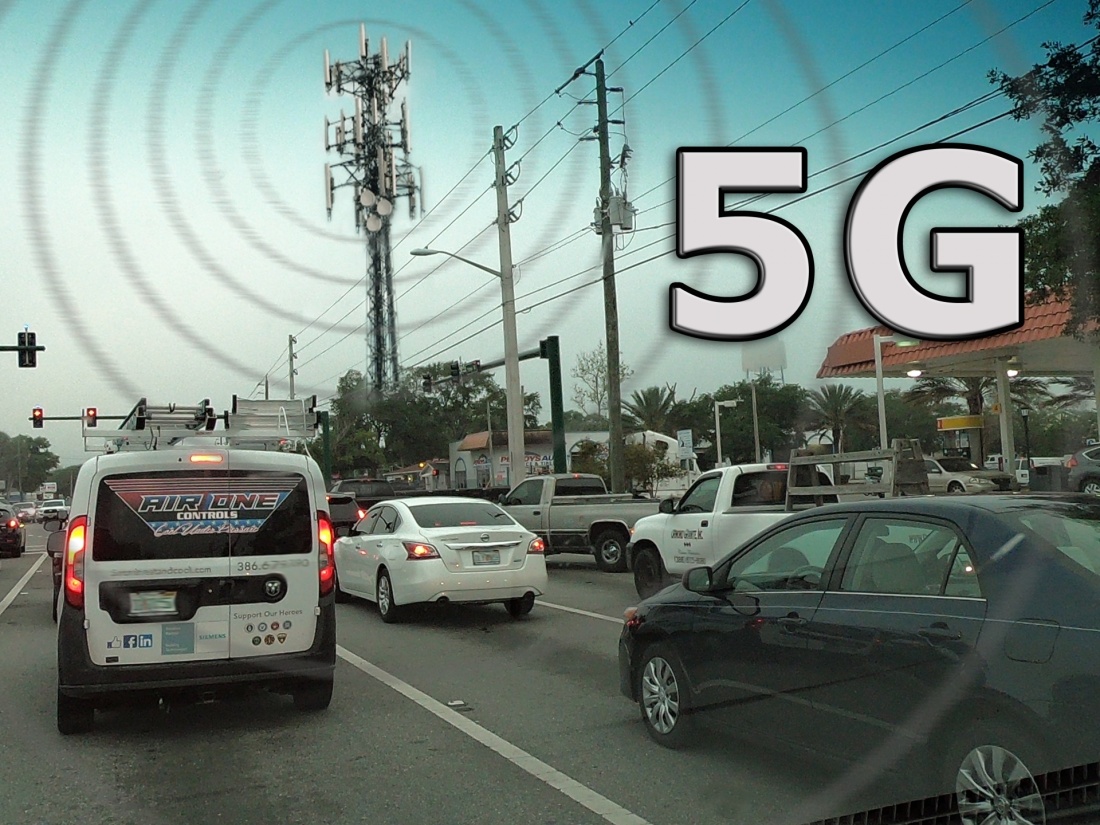Reading about a certain case that’s all over the tabloids, I had a sense of déjà vu. Politician preys on hapless youth. Basically. Instantly our sympathies are for the latter. Of course! We’re not monsters. I mean, for someone to do that to someone like that in a situation such as that, I mean! As a keen gardener, I obviously know one end of a pitchfork from the other and, on reading such blood boiling accounts, Arya’s advice to her sister about swords, as the army of the dead approach, does tend to spring to mind.
I happened upon Lawburrows, the delightful and enlightening legal podcast series by the Glasgow Caledonian lecturer known on Twitter as @PeatWorrier, and was struck by a phrase dryly spoken in the intro music:
The law is reason free from passion. (Aristotle, Politics)
διόπερ ἄνευ ὀρέξεως νοῦς ὁ νόμος ἐστίν. (Αριστοτέλης, Πολιτικά)
1297α, 32-37
Politics, certainly as presented in the tabloid press, is often the opposite. All hot air and no cool logic—and never so much as when moral outrage is concerned. I suggest therefore, after a certain amount of justified gesticulating at the newspaper and perhaps uttering some well-chosen expletives in the interest of lowering one’s blood pressure (and reassuring whoever may happen to be present that We can’t let Them away with This Sort of Thing) that we put down our pitchforks and put on our thinking caps.
Break it down like a cryptic crossword clue:
- Politician—what party? What’s going on there? Is this Councillor/ MSP/ MP considered an asset or a liability in the party’s present ideological economy? What’s happened to others of their ilk? Is there a pattern?
- Preys—what words and actions are being considered reprehensible and by whom? In another context (such as being welcome or assumed to be so) would the same words or actions be necessarily even remarkable?
- Hapless—what is the probable agency of this press designated victim? What institutional, instrumental or reputational power does this person possess? Has he or she played this role on another occasion? If so, has anyone (including the complainer) taken any steps to avoid reoccurrence of such a situation?
- Youth—at this age, what does the law allow this person to do? Has he or she reached majority? What does the same party/ paper argue that people of the same age, or younger, should be trusted to decide to do?
I know I’m on thin ice here. It’s safer to clap and boo with the rest of the audience. But having written and directed a pantomime and acted in several (being a villager in the Chorus is still acting) I’m very familiar with scripts and stage-management.
Mens rea is the noun phrase that someone, sometime, will say in every single legal eagle drama that you watch. Google’s Oxford Languages dictionary gives this definition and example of use:
/ˌmɛnz ˈriːə
the intention or knowledge of wrongdoing that constitutes part of a crime, as opposed to the action or conduct of the accused.
“a mistaken belief in consent meant that the defendant lacked mens rea”
It’s not a crime to be mistaken. It’s what happens after that mistaken interpretation is corrected that counts. That’s the legal, and moral, distinction that’s ignored by the tabloid press—and perhaps, under certain circumstances, by party politics.
Another quote I happened upon this week is more famous but people tend to quote the modern poetic inspirational version rather than the full Latin proverb:
“To err is human, to forgive divine.”
(Alexander Pope, An Essay on Criticism)
“Errare humanum est, sed perseverare diabolicum.”
“To err is human; to persist (in error) is diabolical.”
(Lucius Annaeus Seneca, the Younger)
And that goes as much for parties, the press and the general public as it does for politicians.

Thanks to Mohamed Mahmoud Hassan for releasing his image News into the Public Domain.





